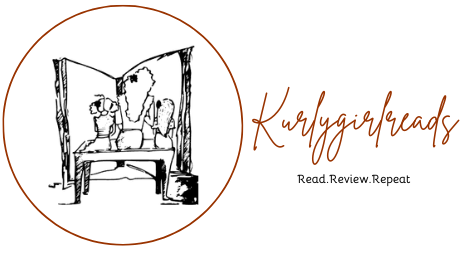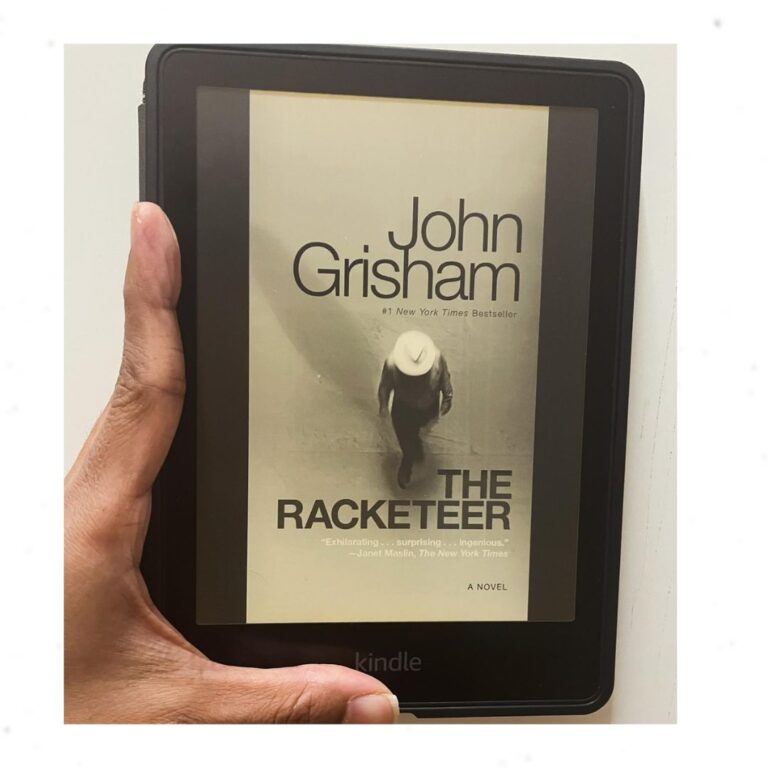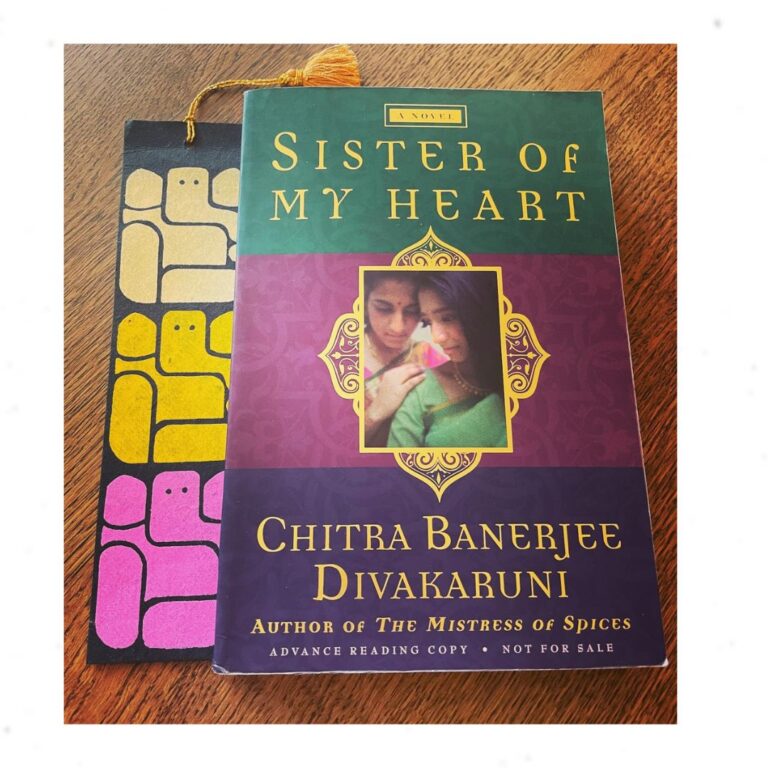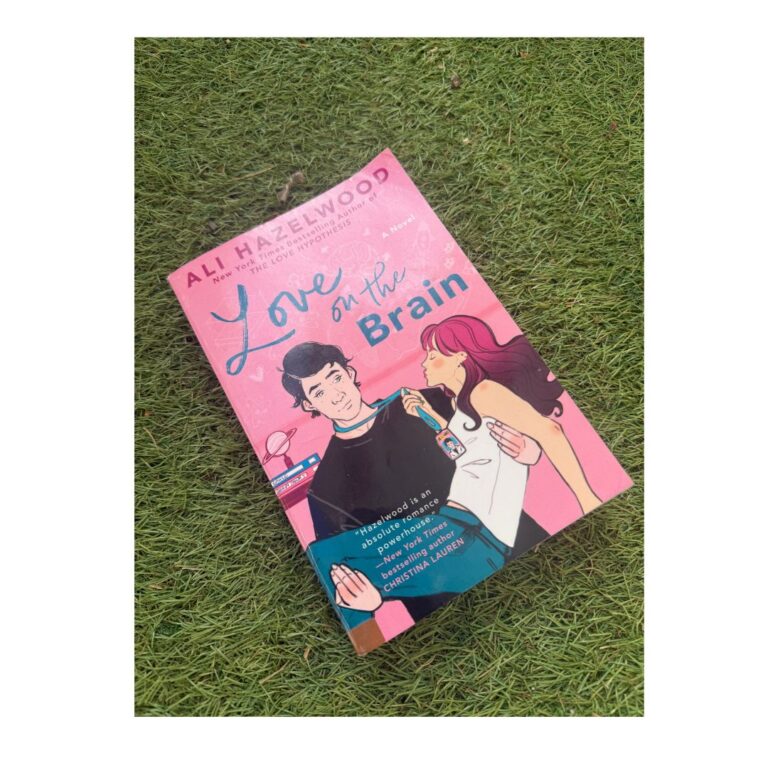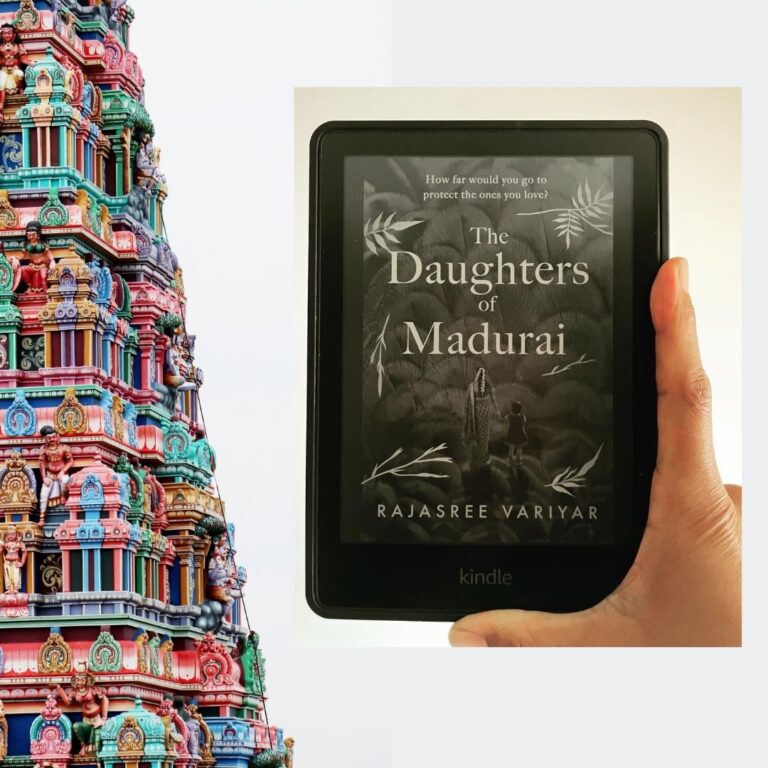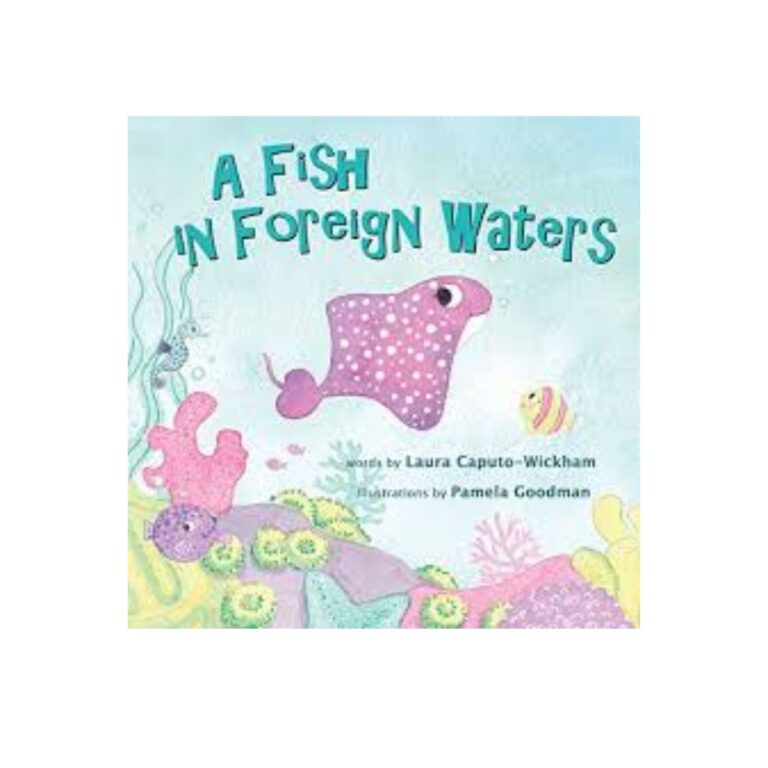Carrie Soto Is Back took me on a tennis tour that stretched from Wimbledon to the Australian Open, the French Open, and the U.S. Open. If you’re a tennis fan or simply love a comeback story, this book will give you all the adrenaline you’re looking for. Taylor Jenkins Reid has managed to pull readers deep into the world of tennis—not just the game, but the personal battles, sacrifices, and raw emotions of a player on the brink of both success and failure.
What makes Carrie Soto Is Back so unique is its perspective. Through Carrie and her father/coach, Javier, we see the highs and lows of competitive tennis from both the player’s and the coach’s perspectives. Carrie is fierce, passionate, and not afraid to chase after exactly what she wants. Nicknamed the “Battle Axe” by the media for her intense, no-nonsense attitude, she’s often misunderstood by those who only see her public persona. Then, there’s Javier—her father and coach, and one of my favorite characters. Javier’s approach to the game and to life is grounded in love and dedication. From teaching young Carrie the basics of holding a racket and keeping score, to pushing her to fine-tune her serves and improve her mental game, he’s her constant support. His coaching goes beyond just tactics; he teaches her to win gracefully, lose honorably, and love the game for what it is, not just for the accolades it brings.
Challenges of Being a Female Athlete
One of the aspects is the book’s portrayal of the challenges faced by women in sports. Carrie, like so many female athletes, has to fight her way to respect in an industry that’s still male-dominated. We see her grapple with the public’s scrutiny, reading harsh editorials and headlines that judge her looks and attitude more than her skills. Reid doesn’t sugarcoat what it takes for women to carve out their place in such a competitive field, let alone stage a comeback when many consider her “past her prime.” But Carrie is anything but a quitter. Her tenacity and love for tennis drive her to prove the doubters wrong, even as they label her “too ambitious,” “too aggressive,” or just “too much.”
A Father-Daughter Bond
For all her strength and independence, Carrie’s relationship with her father is the heart of the story. There’s a deep tenderness in how he supports her, pushing her to work harder, but also reminding her that tennis is just a game—that life is about more than titles and trophies.
Javier’s guidance feels authentic, and I loved the frequent slips into Spanish, a touch that adds warmth and intimacy to their bond. Although I don’t speak Spanish, Javier’s use of pichona (he uses often to call Carrie) became one of my favorite words. It’s such a small detail, but it adds a depth that made their father-daughter relationship all the more real. Their exchanges are laced with love, encouragement, and sometimes tough lessons, but they never lose that underlying respect and admiration for each other.
What’s especially captivating is the way Carrie internalizes her father’s lessons, even as she makes mistakes or lets her emotions get the best of her. Javier’s notes and advice are etched into her memory, guiding her not only through the highs of her wins but also through the painful losses. He teaches her that failures aren’t the end, but a part of the journey—a concept that becomes vital to her growth as a player and as a person.
The Final Serve
The last chapters of Carrie Soto Is Back hit me hard. Watching Carrie’s growth, her highs, lows, and, ultimately, her acceptance of who she is and what she’s achieved, felt incredibly moving. It’s rare that a sports-centered book makes me tear up, but there’s a depth here that goes well beyond tennis. It’s an ace in every way.
